
Deal adds capabilities in precision assembly, aseptic high-speed filling and end-of-line automation to Automated Industrial Robotics
Todd Shryock is managing editor of Medical Economics.

Deal adds capabilities in precision assembly, aseptic high-speed filling and end-of-line automation to Automated Industrial Robotics
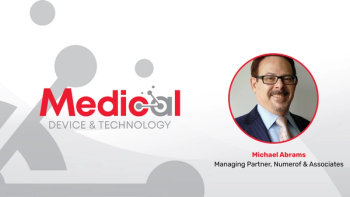
The outlook for medical device manufacturing in 2026

System is designed to provide fully automated, near real-time ECG interpretation at enterprise scale.

Aurora CPAP masks expand its respiratory care portfolio beyond oxygen therapy and into treatment for obstructive sleep apnea, a condition affecting millions of patients worldwide.

The most popular stories of the year ranged from AI to MOC.
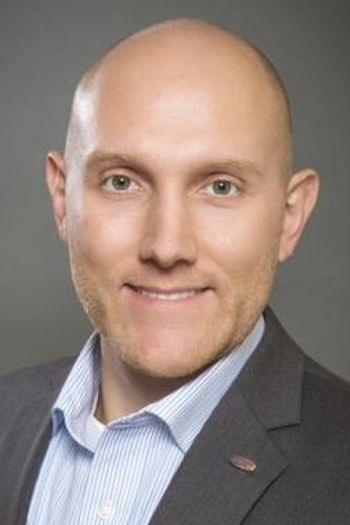
Researchers raise concerns that the rapid uptake of AI-powered scribes may be outrunning proper oversight

Edwards Lifesciences device expands options for patients with severe mitral regurgitation who are not candidates for surgery
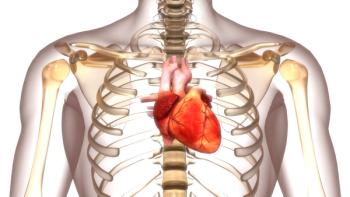
Shape Memory Medical's IMPEDE Embolization Plug gains Class III certification in Europe, enhancing access and confidence in advanced endovascular therapies.
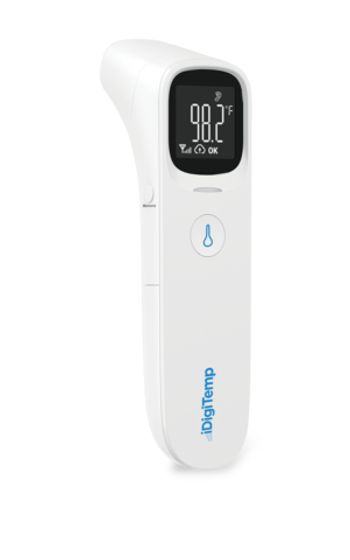
Smart Meter is launching iDigiTemp, a thermometer that advances remote patient monitoring with real-time temperature readings transmitted over the cellular network, enhancing health care connectivity and reliability.

Accurate detection of LVEDP could improve early detection of heart failure in primary care settings

A hidden cost shift is creating a new affordability crisis for patients.

SleepRes is introducing the Kricket PAP device, which achieved FDA clearance and is a solution for sleep apnea that enhances comfort and adherence through adaptive pressure technology.

Device addresses PCOS-related infertility for those who do not respond to standard drug therapies
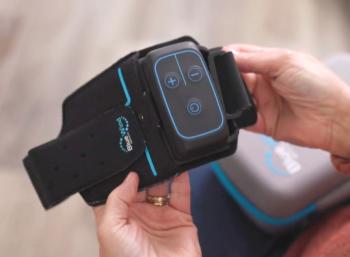
BlueWind Medical's Revi wearable for urinary incontinence offers effective, user-friendly therapy that boosts patient satisfaction and long-term relief.

Understanding documentation, accuracy and compliance
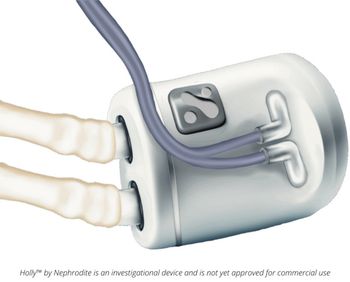
Nephrodite's Holly system advances kidney care with an implantable continuous dialysis solution, enhancing patient freedom and quality of life.
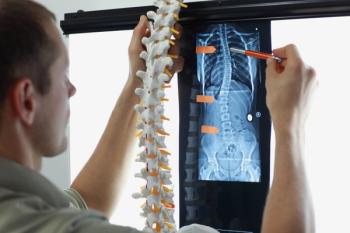
Ruthless Spine expands its RJB angle measurement instrument to Israel, enhancing surgical precision and patient care in spine surgery.

Flow Neuroscience's FDA-approved device offers an at-home treatment for depression, providing a non-drug option with proven effectiveness and minimal side effects.


Bendit Technologies launches the Bendit17 Microcatheter, enhancing precision in vascular procedures with FDA clearance for U.S. market entry.
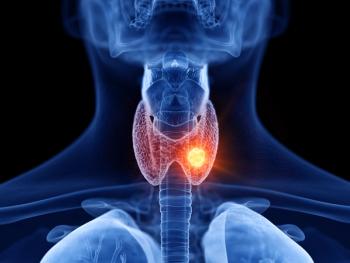
Pulse Biosciences partners with MD Anderson to explore nonthermal ablation technology for treating thyroid cancer, promising less invasive options.
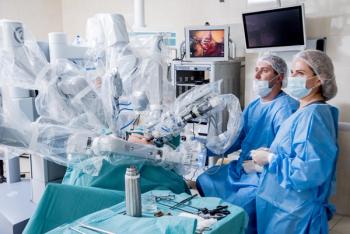
SS Innovations is advancing surgical robotics with the SSi Mantra, aiming for FDA clearance to enhance affordability and accessibility in U.S. health care.

CONMED says it is shifting focus from gastroenterology to core surgical innovations to enhance growth and profitability while winding down key distribution agreements.

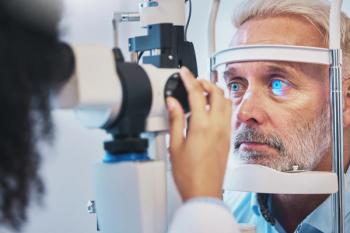
ViaLase launching a trial for incision-free glaucoma treatment, aiming to redefine IOP management with innovative, safer solutions.

Todd's background in scaling advanced robotic platforms, building global engineering teams, and driving innovation in endoscopy and minimally invasive surgery will support Swan’s push to commercialize a flexible endoluminal surgical robotics platform.
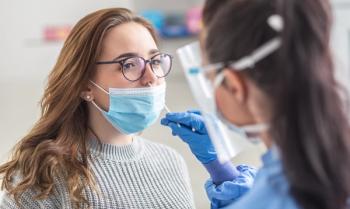
Being successful with in-office rapid testing requires a careful look at your patient population, staffing, and workflows
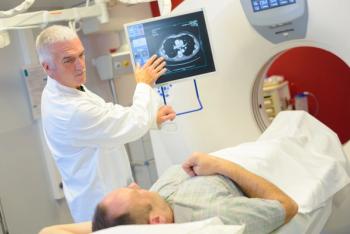
Blood-based diagnostic aims to reduce unnecessary prostate biopsies and improve cancer risk assessment.

Switching to value-based care also means changing how you code and how you approach patient care

New federal loan limits in the OBBBA threaten to increase medical school debt and worsen physician shortages, impacting diversity in health care.